Alireza Akbari, a former Iranian deputy defense minister and a United Kingdom citizen, was executed in Iran on January 14 on charges of “espionage” for the UK and “corruption on earth”. His execution resembles other old scores that were settled with blood in the Islamic Republic.
The fact that a former Iranian defense minister was a UK citizen is bewildering and unprecedented. But even if we accept Alireza Akbari’s televized confessions at face value, in which he did not confess to being a spy, he apparently did nothing more than provide advice to the British authorities. What makes his execution even more problematic and dubious is the involvement of Judge Abolghassem Salavati – who is known for rubber-stamping sentences issued by Iran’s various intelligence agencies.
The Revolutionary Insider
Alireza Akbari was born on October 29, 1961, in Shiraz. He was active in the Association of Student Islamic Societies in Shiraz after the 1979 Islamic Revolution – a group which played a role in the elections for Islamic Republic’s first parliament.
During the war between Iran and Iraq, from 1980 to 1988, Akbari joined the Fajr Division in Fars province and then the Badr Brigades, a group of Iraqi Shias who were fighting against Iraq’s Saddam Hussein. According to people close to Akbari, he achieved the rank of deputy division commander.
Akbari once said he was “the first [member of the] Revolutionary Guard” who swore fealty to Ayatollah Ali Khamenei, when he became Supreme Leader in 1989, in an official ceremony where several international officials were present. Khamenei reportedly conveyed through an intermediary his own “kind regards” to Akbari in return.
Akbari was head of the military organization responsible for implementing United Nations Security Council Resolution 598 which, after 1987, ended the Iran-Iraq war. During Mohammad Khatami’s presidency, between 1997 and 2005, he served as deputy minister of defense for international affairs. He was responsible for signing security agreements with Arab countries.
During this period, Akbari had a contentious relationship with the Foreign Ministry, especially its then deputy in charge of international affairs Mohammad Javad Zarif, who later became foreign minister, from 2013 to 2021. In 2017, Akbari claimed he was responsible for removing surveillance equipment installed in Iran as required by the Comprehensive Nuclear Test Ban Treaty (CTBT). In his memoirs, Zarif regrets this decision by Iran which led to further scrutiny on Iran’s nuclear program by the international community and more sanctions.
One Foot In, One Foot Out
Alireza Akbari left the Defense Ministry in Khatami’s second term and, in 2004, retired from government service. He went into business – like other former Revolutionary Guards commanders. His visits to Britain and his residency permit (and later citizenship) were most likely related to his business activities. He may have also sought residency permits in other countries. Akbari appears to have received his UK residency in 2011.
Akbari also continued to travel back to Iran and to maintain his relations with figures such as Ali Shamkhani, now secretary of the Supreme National Security Council of Iran, and other Revolutionary Guards commanders. He also supported the 2005 presidential campaign another former revolutionary Guards commander, Mohsen Rezaee, and gave interviews on his behalf. Akbari was often interviewed on Iranian media – though many of the outlets that featured him since 2000 removed his interviews after his arrest.
Expelled and Executed
Akbari’s forced confession includes a claim that he had initially been arrested in 2008, and sentenced to two suspended prison terms, after the Intelligence Ministry allegedly found classified documents at his home. Akbari also said that he regularly visited Iran after this period and had meetings with Ali Shamkhani and Mohsen Rezaee.
But two questions remain about the Iranian government’s case against Alireza Akbari. How could a person who has had no military position for 20 years be a spy? And, if he was a spy, why was he released after the claimed 2008 arrest and why was he still allowed to visit Iran?
In an audio file received by the BBC before his execution, Akbari said he had been detained, tortured for thousands of hours, and accused of receiving classified information from Ali Shamkhani, in exchange for the “gifts” of a bottle of perfume and a shirt. “If the secretary of the Supreme National Security Council reveals intelligence about the country in exchange for a bottle of perfume,” Akbari said in the recording, referring to Ali Shamkhani, “then why don’t you summon him?” he asked, adding that, in an official letter to the court, Shamkhani had already written that “he has had no intelligence-related relations with me after I retired.”
Akbari also said that in 2018, as well, the Intelligence Ministry wanted to arrest him but “powerful figures” had prevented the arrest.
And then in 2019, Akbari may have been lured back to Iran, as other opposition figured have been, through what has been called “Operation Deception”. One infamous example was the case of the dissident blogger Ruhollah Zam who was lured to Iraq from his exile in France and, once in Iraq, abducted and rendered back to Iran where he was executed. In Akbari’s case it is likely that Shamkhani was used to lure him back to Iran.
Before his return to Iran, Akbari gave interviews to foreign media as the founder of the Tasmim Strategic Research Institute in Tehran, and in 2006 as president of this institute he said that Iran’s decision to negotiate with the United States over strategic issues in Iraq “is unilateral but it has multilateral benefits for Iran and the Iraqi people.”
Several Iranian hardliners in the past few days have also spoken Akbari’s support for former president Hassan Rouhani. He had supported Rouhani, though he opposed Rouhani’s foreign minister Mohammad Javad Zarif whom he said “lives in the realm of fantasy”. And he opposed the nuclear deal, known as the Joint Comprehensive Plan of Action (JCPOA), although he supported a “JCPOA-Plus” that would give more sanctions relief to Iran in return for longer-term nuclear restrictions that Iran had agreed in the 2015 version of the deal as well as more rigorous monitoring.
And now Alireza Akbari, the former deputy defense minister who had sworn fealty to Ali Khamenei, has been hanged. He shared the same fate as several other former officials, including prominent members of the Revolutionary Guards, who in the end fell afoul of the Islamic Republic.
visit the accountability section
In this section of Iran Wire, you can contact the officials and launch your campaign for various problems




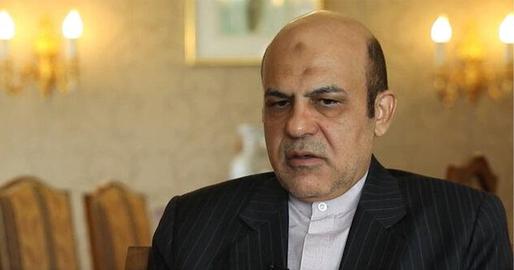
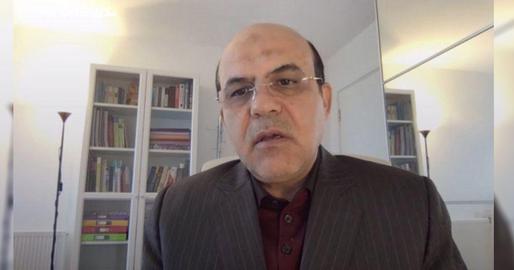
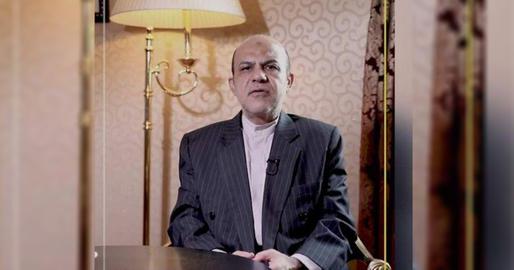
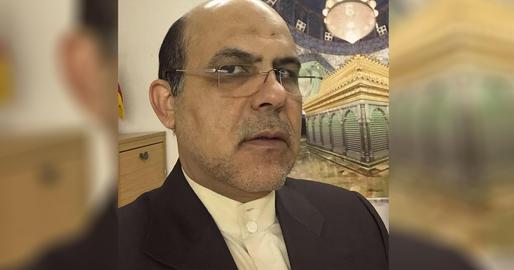
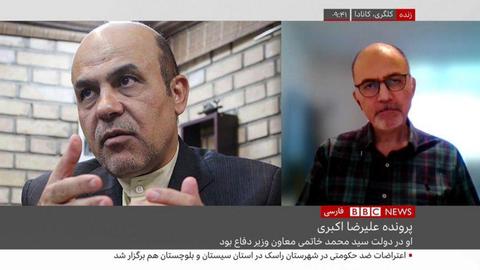

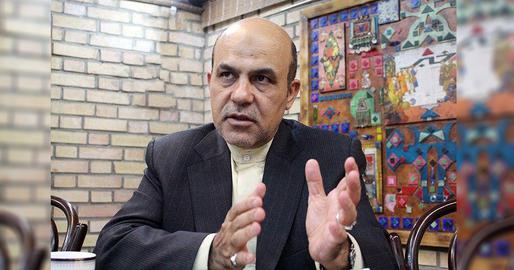
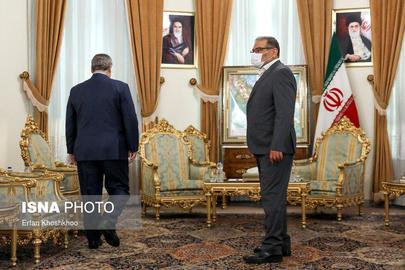



















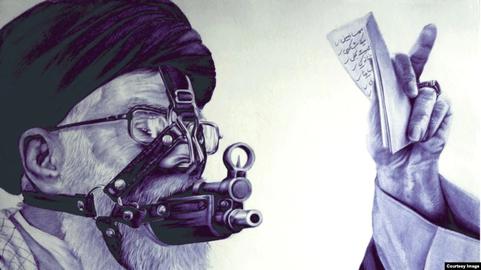
comments